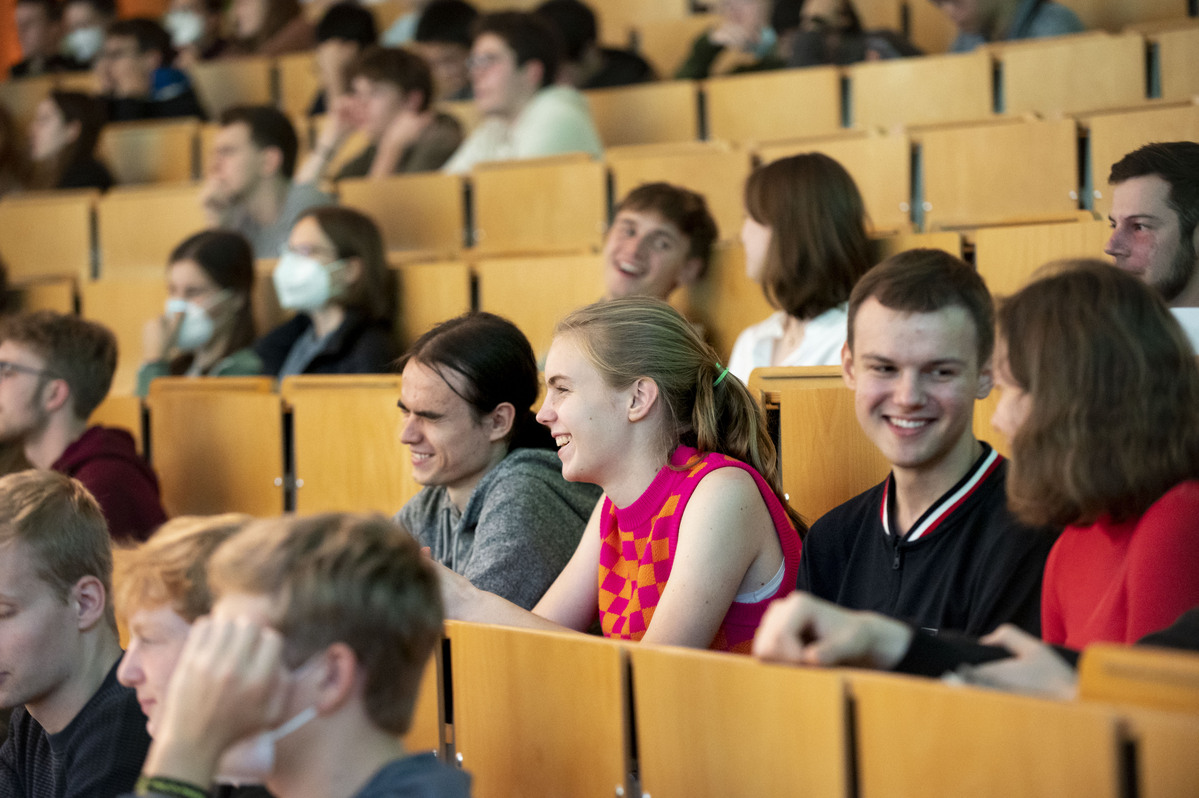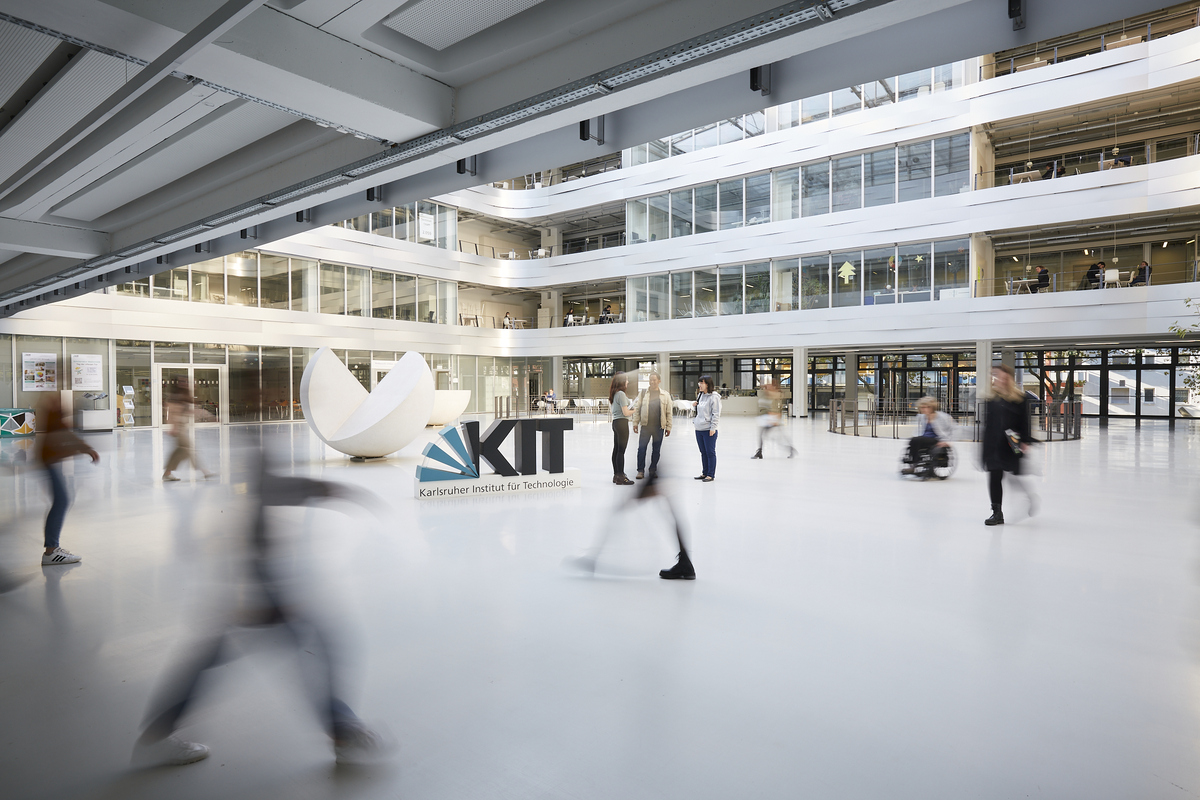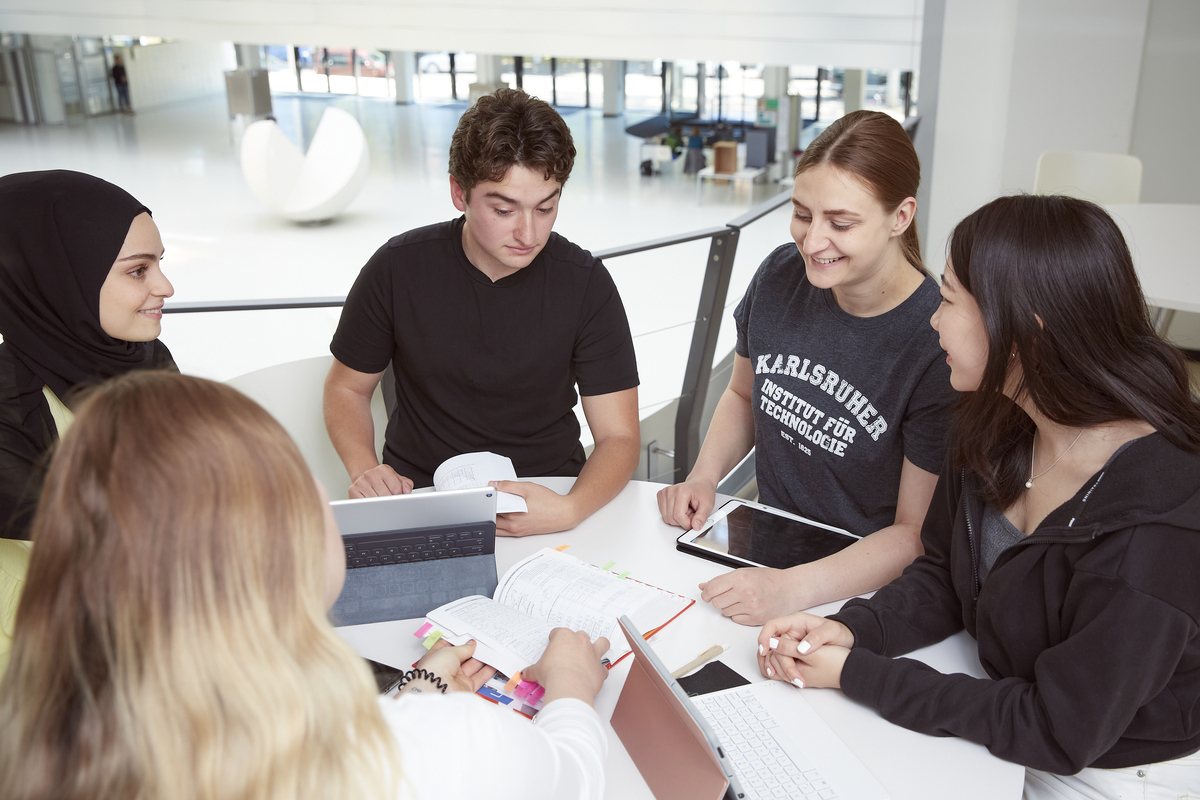Elective course “Technology Assessment (TA)”
The range of courses complements the bachelor’s programs in European Culture and History of Ideas (EUKLID), Science – Media – Communication, German Literature, and Pedagogics. The diverse courses on TA provide students with an in-depth insight into the way technical and scientific innovations develop social, political, and cultural relevance. The normative and ethical evaluation of these innovations plays a major role here.
As an academic discipline, TA provides complementary knowledge to its neighboring disciplines. The goals of the discipline are ...
- promotion and sensitization of young scientists to socio-political issues and challenges with regard to technology dynamics
- and imparting of inter- and transdisciplinary knowledge in the field of “Technology and Society.”
In this context, the intertwining of engineering and technical questions with societal-ethical issues plays an increasingly important role.
Goal and working method of technology assessment
Without scientific and technological progress, the further development of our society and thinking about possible “futures” of our world would be almost inconceivable. Be it the progressive mechanization of production and economic processes or the digitalization of ever more areas of communication and life: New technological concepts play a – if not the – central role in shaping our world.
However, experience since the profound transformation of industrialization shows that scientific and technological progress not only improves our lives but that new technologies also bring unexpected and often undesirable consequences: Environmental problems, the consequences of global climate change, data misuse, or collapsing transport systems are well-known examples.
Recognizing the spectrum of possible impacts of technology at an early stage helps to make good use of the potential of progress and to minimize or even avoid risks. The relatively young field of technology assessment (TA) has embraced this goal and developed a wide set of methodological tools for analyzing and evaluating the consequences of technology.
Occupational fields for TA students
The elective provides knowledge for comprehensive assessment of the social, cultural, and economic impacts of technologies. Students learn interdisciplinary and transdisciplinary methods for technology assessment, which they can systematically test in practical seminars. The course thus imparts practice- and application-oriented knowledge that enables students to deal with complex issues relating to the consequences of technology.
Today, these competencies are in demand in many fields of work such as political institutions, associations, educational and advisory institutions, and transfer organizations. Depending on the disciplinary orientation, e.g., in technical, natural science, or humanities fields, this opens up a wide range of employment opportunities for students in various sectors and areas.
Practical information / FAQ:
Who can study technology assessment?
At the Faculty of Humanities and Social Sciences, four bachelor’s programs currently offer the module “Technology Assessment” or “History and Conceptions of Technology Assessment.”
- European Culture and History of Ideas (B.A.)
- German Literature (B.A.)
- Pedagogics (B.A.)
- Science – Media – Communication (B.A.)
The individual courses are also open to students from other disciplines. Please contact us for information on crediting options (interdisciplinary qualification points).
What courses are offered?
The following courses will be offered in the summer semester 2023:
- Socio-Scientific Methods of Technology Assessment (Krings)
- Socio-Scientific Theories of Technology Assessment (Lösch)
- Critical AI Perspectives from the Computer Sciences and Social Sciences (Nierling, Friederich, Bareis)
- Nuclear Waste: Final Disposal of Highly Radioactive Waste (Grunwald)
- Do Animals Have Thoughts and Concepts? (Martin)
- Energy Ethics (Schmidt, Frigo)
- Ethics of Digitalization (Bagattini)
- Culture and Society: Social Transformations in Urban Space – Practical Examples from Karlsruhe (Krings, Hausstein)
The current course offerings are listed in the module handbooks of the respective study programs. These can be found on the website of the Faculty of Humanities and Social Sciences of KIT
Who can I contact with questions?
Scientific direction:
Dr. Bettina-Johanna Krings
+49 721 608-26347
bettina-johanna krings∂kit edu
Teaching assistant:
Michi Kucharek
+49 721 608-24868
michi kucharek∂partner kit edu





